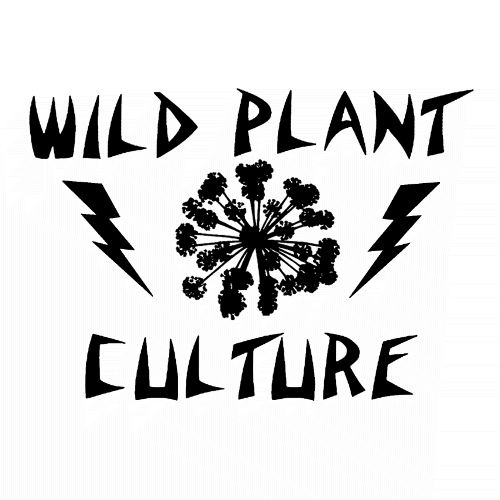Herbal Steams

Rachel modeling the herbal steam during a recent winter cold.
Ever since Beren was born three years ago, it seems like someone in our little family is sick at any given moment, all winter long. Beren gets sick, we parents lose lots of sleep as he coughs and cries and awakens numerous times at night, then one or both of us gets sick... and by the time we're better, he's caught something else from another snotty kid.
We'd be in even worse shape if it weren't for the one herbal tradition passed down through my family: herbal steams.
My grandmother Nani, like many other grandmothers, was pretty tough on us when it came to cold weather. "Your feet/neck/back/head/chest will get cold!" she'd warn us (in Hungarian) if we were venturing outside without enough layers.
Even in my mid-twenties, when Rachel and I visited Hungary, we got an inspection and stern advice before being allowed to roam the icy cobblestone streets of Szentendre, the medieval-era village where my grandparents lived.
Once properly clad in scarves, hats, coats, gloves, boots and all, we'd race out into the street, trying to catch the bus to the train station to Budapest. The town in winter smelled of black locust smoke and echoed with the barks of neighborhood dogs, and the icy grey Eastern European winter bore down on us.
When we did get sick ("I told you so"), my grandmother had two favorite remedies. One was Orrcsepp - nosedrops. This was some dreamy socialist-era pharmaceutical with a hefty dose of ephedrine, and it'd clear your congestion right out.
My stepdad, with a chemistry background, would jokingly accuse my grandmother of being a speed freak:
"Ephedrine is a substituted amphetamine and a structural methamphetamine analogue. It differs from methamphetamine only by the presence of a hydroxyl (OH)." [i]
Nani's other favorite remedy was the herbal steam, based around chamomile and eucalyptus. She'd boil up a big pot of water, toss in ample dried chamomile blooms, and some eucalyptus. Her "patient" would be seated in front of the pot, with a big towel forming a tent over pot and head alike. It was a place to sit and steam and inhale the volatile properties of the herbs. It invariably helped, clearing out stuffed noses, clogged sinuses, and providing relief from post-nasal drip and coughing.
Rachel and I make the same brew now, but add in the dried leaves of our native mountain mint (in this case, Pycnanthemum incanum), which was used traditionally by Native Americans as a steam-based remedy for colds. We use dried chamomile flowers, and several drops of Eucalyptus essential oil dropped in just before use.

The herbal steam:
1. Boil a few inches of water in a large stewpot. Take the water off the boil and infuse a modest handful of chamomile flowers and a modest handful of mountain mint for several minutes, covered so that volatile oils don't escape.
2. Place the pot on a table, sit in front of it so your head can hover over the pot, and cover your head with a towel. Just before beginning the steam, remove the pot's lid and toss in five or six drops of eucalyptus essential oil.
3. Breathe in through nose and mouth, letting in a little cool air under the towel if the steam is scalding. Stay with the steam as long as you can, ideally until the steam cools and is no longer as effective feeling.
4. Keep the towel on your head afterwards, allowing yourself to cool off gradually, or, better yet, step into a hot shower and then bundle up in some blankets, and sip a hot, diaphoretic tea.
This will, at very least, temporarily alleviate congestion, runny nose, etc. The anti-microbial properties of the plant volatile oils should also help turn the tide towards better health.

Broad-leaved Mountain Mint (Pycnanthemum muticum), a Native American cold remedy
